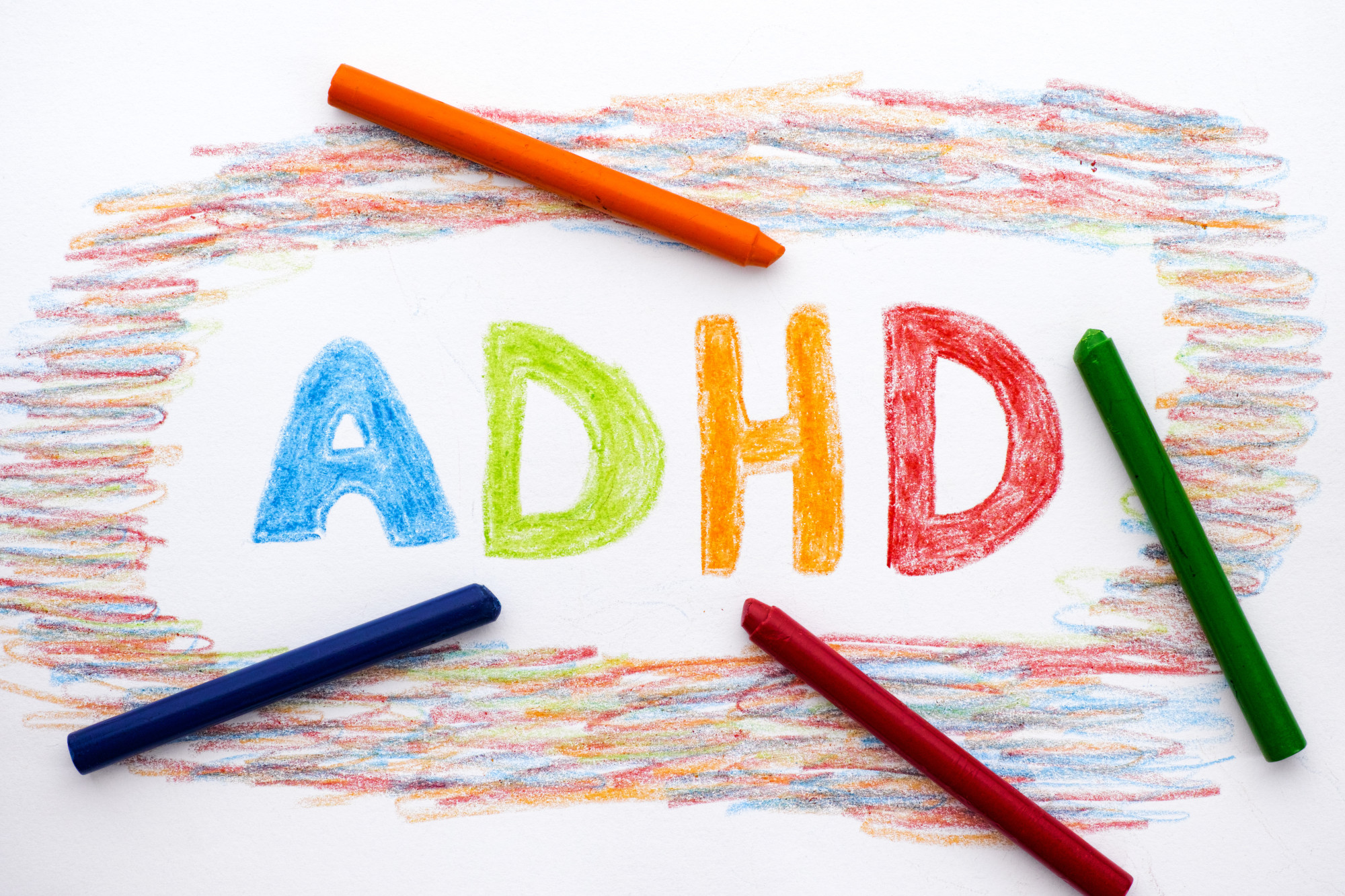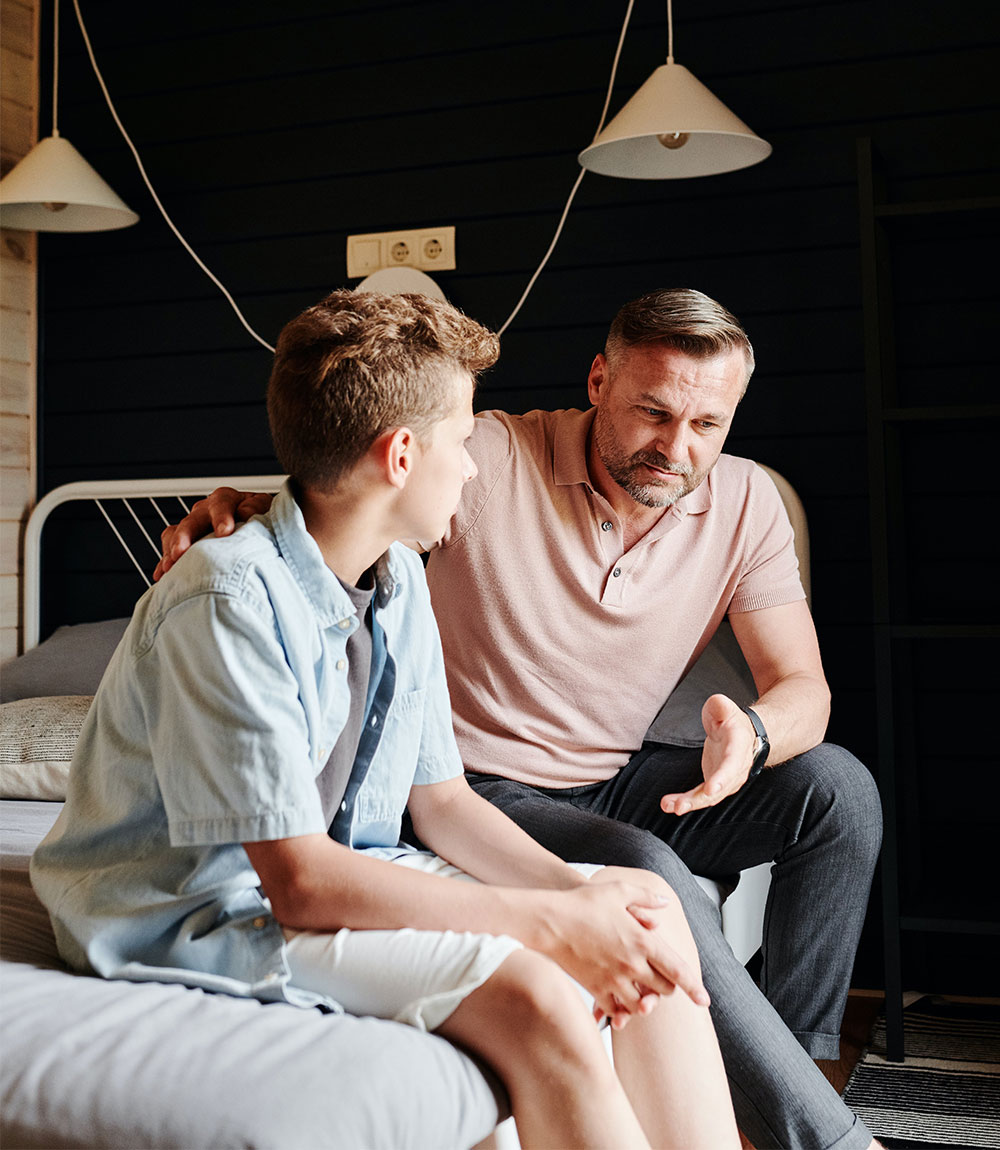Whether you’re a first-time mom or a veteran of parenting, figuring out if your child has ADD can be a challenge. While at least 20% of children have behavioral issues, linking this conduct to ADD isn’t always straightforward.
After months of considering whether your child’s behavior is abnormal, you’re probably at your wit’s end. But take a deep breath and recognize that you’re doing the right thing as a parent: trying to get answers.
The solution might be ADHD counseling or simply a change in diet or sleep schedule. The sooner you get your child the help they need, the better both of you will feel.
So how do you know if your child has ADD? Keep reading for some common signs that could mean the difference between a neurotypical kid and one who is struggling.
What Is ADD?
ADD, or attention deficit disorder is a retired phrase that describes a neurological condition. It’s been upgraded to a more encompassing term: ADHD (attention-deficit/hyperactive disorder). ADHD is like having a mind always on the go, even when your body wants to nap.
It comes in three major types:
- Predominantly inattentive
- Hyperactive-impulsive
- Combined
Most parents suspecting a child’s ADD are concerned about symptoms of inattentive ADHD. However, that doesn’t mean other behaviors don’t need treatment as well.
Signs of ADD/ADHD
ADHD symptoms typically appear before the age of 12. Some symptoms may have been present since birth.
To be diagnosed with ADHD, a child must show at least six symptoms in two or more settings (such as home, school, or with friends). Not everyone with ADHD exhibits all these behaviors at once. Look for recurring habits when determining if your child has ADD/ADHD. Here is a list of signs and symptoms to help:
Inattentiveness
Inattention can mean difficulty following directions or easily getting distracted. The tendency to become fixated on something can also be a form of inattention.
For example, children with ADD might ask for help with their homework but be too distracted to even pay attention. Or they may be too fixated on a puzzle to go to bed on time. Each child displays inattentiveness differently.
Procrastination
Kids with ADHD find it challenging to start urgent tasks. Some children are overwhelmed by all the things that need to be done. This leads them into a cycle where they put off doing anything.
Disorganized
Children with ADHD almost always have a messy environment. Their bedroom might be chaotic or their school locker is constantly sloppy. In either case, the mess makes it difficult to find what they’re looking for.
This can be especially problematic if the disorganization happens at school. Children may lose their assignments or forget to turn them in. These issues make it difficult for kids with ADHD to get good grades and meet their school obligations.
Forgetfulness
If your child misplaces something every day, it may be because of ADHD.
It’s normal for kids to lose things occasionally. Children can even forget the names of family members every once in a while. However, regular forgetfulness suggests an underlying problem.
Trouble at School
ADD in children is not a learning disability, but it can pose challenges to children’s education.
Problems with organizational skills, such as time management, can lead to incomplete tests. Kids with ADHD also have difficulty sitting still or concentrating on their work. Trouble switching from one activity to another is common as well.
Difficulty Calming Down
Children with ADHD have a hard time controlling impulsive behavior. Because of this, they experience tantrums more often than their peers. And these blowups can be extreme.
When they don’t get their way, these kids react more aggressively than other children. This can lead them to reckless behavior like harming their siblings or fighting at school.
Social Challenges
If your child has ADHD, they may have a hard time making friends.
Losing on the playground or coming second in a race can be very frustrating for them. It’s so frustrating that they might lash out at others. Their peers might look at them as sore losers and not invite them to games.
ADD/ADHD children can also lack self-awareness. They will say things without realizing how mean-spirited they sound to those around them. It’s difficult for them to form healthy relationships because their lack of empathy makes people feel uncomfortable.
Even when they aren’t aggressive, their forgetfulness and daydreaming make it hard to form connections. It’s easy to overlook what other people are saying. Sometimes, they interrupt others so frequently that people find their conversational style unpleasant.
Does ADD Go Away With Age?
For some children, ADHD symptoms might disappear as they grow older. However, most children with ADHD will continue to experience symptoms throughout their adult years.
With the help of ADHD counseling, many children can function normally. They learn to focus on tasks and keep their emotions in check. While their ADHD might still be present, it doesn’t have to affect their ability to live a happy and productive life.
ADHD Counseling: How to Help Children With ADD
If you think your child might have ADD, it’s important to find out for sure. A professional can assess your child’s symptoms and check whether they meet the criteria for diagnosis. If so, they may recommend treatment options such as ADHD counseling.
Counselors can help children with ADHD organize their thoughts, stay on task, and improve their communication skills. You’ll find some of the best counselors at In Touch Individual & Family Counseling. Contact us today so you and your child can start the path to healing.







